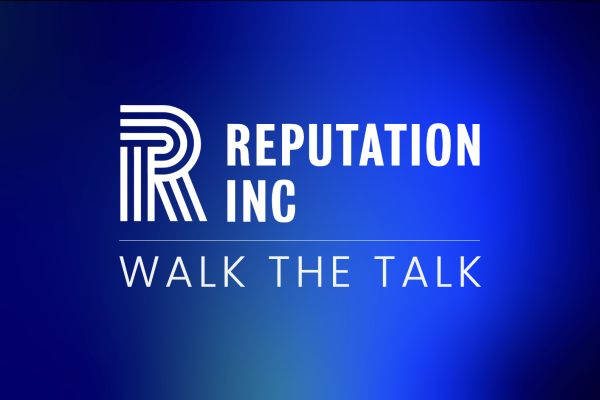
‘Shoulda woulda coulda’: Addressing the reputation blind spots in business decision‑making – in time!
My initial reaction to this was one of surprise since there is a widespread view that Thomas Cook didn’t think of the reputational implications at all when handling the situation.
Why is that?

When an organisation finds itself in crisis mode, the chief executive will have a range of advice put to him or her. Thomas Cook’s response to the crisis, however, was found to be primarily driven by legal considerations.
Back in 2006, a UK family booked a holiday in Corfu through Thomas Cook. It ended in tragedy, with two small children dead, caused by carbon monoxide poisoning from a leaking boiler in the hotel’s bungalow. The hotel was the one found to be responsible, and four people were convicted of offences related to the children’s death.
While no one from Thomas Cook was found to be liable, there was no immediate apology or empathy by the travel firm for what had happened whatsoever.
Perhaps most damaging was the revelation that Thomas Cook had received more than £1m in compensation from Louis Group, the owner of the hotel in Corfu – much more than the parents reportedly leaving them struggling for paying their legal fees.
The holiday firm was thus perceived, in some quarters, to be putting profit over people, including the health and safety of its customers.
There are many other corporate case studies where an impression is given that reputational considerations were largely ignored when it comes to making business decisions, or worse, factored in only once the crisis has hit.
Why this short-sightedness? The reasons are multiple:
1. Mismatches between the skill sets of Boards (among the C-Suite as well as non-executives) and the challenges organisations face
2. The promise of security from reputation insurance policies
3. Reputation being still misunderstood as a PR exercise
Even though the financial impact of a crisis may initially seem to be short term, with little impact on revenues, one should not ignore other common consequences of reputational damage:
1. Senior executive resignations (e.g. Libor market manipulation, 2012).
2. Greater political and regulatory scrutiny (e.g. Libor market manipulation, 2012).
3. Rapid drain in investor confidence (e.g. Olympus – concealment of losses, 2011).
4. Halting operations and filing for bankruptcy (e.g. Peanut Corporation of America – contaminated products, 2008-2009).
5. Loss of license to operate (e.g. Arthur Andersen, 2001).
6. Increased media scrutiny (e.g. Collapse of the Rana Plaza garment factory in Bangladesh, 2013, which served budget retailers such as Primark).

Looking back at Thomas Cook I believe they should have managed their reputation and customer considerations as one.
First of all, customers are a critical part of corporate reputation, with reputation being ultimately determined by stakeholder perceptions of what an organisation says, does and what others say about it. Customers are stakeholders.
Secondly, there is no reputational credit for acting legally sound, while demonstrating a callous indifference to a human tragedy. Quite the opposite.
Thirdly, reputation is a key to stabilising critical relationships between an organisation and its stakeholders and should be an integral part of business decision-making– ideally before a crisis hits. In other words, the reaction of key stakeholders should be hard-wired into decisions just like legal, financial and operational considerations.
Fourthly, organise for reputation governance, for structural and cultural changes to support unbiased and purposeful decision-making.



